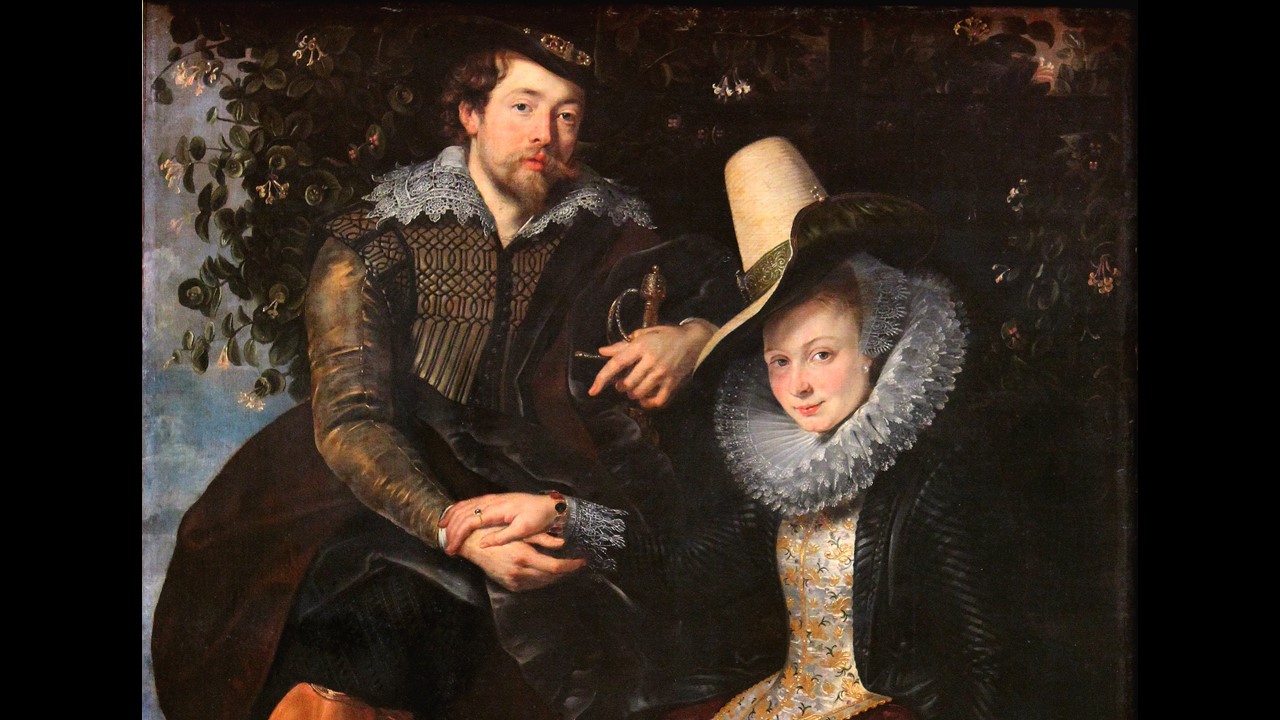.
—To My Beloved Husband
Our married love is no ethereal sound
Which dies away when wedding bells cease tolling:
No idle lust for courting or cajoling
Which dissipates, its petty joys once crowned;
Nor yet a chain to keep the body bound,
Inured in stagnant care and yearly foaling:
No joke to sneer at, causally condoling
A freedom lost, a voyage run aground.
As yet, I know not all our love will be,
For time and we shall change and change forever.
We are but young. This is our only love.
Yet this I know: in humble constancy
We learn to love, to change and change together,
Until we, changeless, live with Him above.
.
.
Isabel Scheltens teaches at a Lutheran Classical school in Fort Wayne, Indiana, where she shares a love of history, literature and music with her students.















Beautiful…thank you!
A fine sonnet. The immediacy of the voice and the clearly relayed message (and imagery – ‘yearly foaling’!) of the poem made for an easy read of the intricacies of marriage.
Thanks for the read, Isabel.
Thank you for the encouragement. A direct, clear voice is what I value the most.
A beautiful sonnet Isabel, thank you.
I enjoyed reading it too, Isabel. To me it has a bell-like feel as if an echo of the wedding bells. Maybe it’s due to the ing endings which I like. The play on “change” in the final lines is nice too.
I’ve always thought that the ABBA rhyme scheme for a quatrain is much harder to do than the more common ABAB. Yet in this sonnet the octet is not just beautiful in meter and diction, but also very smooth and fluent, without the slightest hitch or awkwardness. The alternation of masculine and feminine endings is also expertly done.
And once again, Evan Mantyk finds the absolutely perfect illustration.
Firstly, your positive comment about the alternation of masculine and feminine endings is a good one. There’s exactly one feminine pair of rhymes in each unit of verse: the heroic couplet in each of the two ABBA-rhymed quatrains, and the imperfect but I think thoroughly permissible “forever/together” of lines 10 and 13.
Secondly, it may help to clarify things if we refer to ABBA-rhymed quatrains as Petrarchan and ABAB-rhymed quatrains as Shakespearean – after all, what we have before us is a conventional Petrarchan sonnet, with
(i) a Petrarchan octet (i.e. two Petrarchan quartets) as you noted, followed by
(ii) a sestet with a rhyme scheme not concluding with a heroic couplet. albeit with the added flourish of a Spenserian preservation of rhyme between lines 4 and 5.
I’ve described Isabel Scheltens’s poem as conventionally Petrarchan because it meets constraints (i)&(ii) above. However, she also subjects her poem interestingly to a third “Spenserian” constraint, namely lines 4 and 5, i.e. the final line of the first quatrain and the initial line of the second quatrain, form a heroic couplet. The effect of this in the Shakespearean sonnets which Spenser wrote are that they have the following rhyme scheme, viz. abab bcbc cdcd ee. It’s worth also noting that a truly Spenserian sonnet reapplies the constraint between lines 8 and 9, i.e. the concluding line of the second quatrain and the initial line of the third quatrain again form a heroic couplet.
It might be felt that going the full Spenserian hog with a Petrarchan sonnet, i.e. abbaacca adeade, mitigates the effect of any change of mood aka volta introduced by the switch from octet to sestet. I would imagine that a consideration like this – volta emphasis – may underlie Ms. Scheltens’s decision to be a line 4/5 but not a line 8/9 Spenserian.
“I would imagine that a consideration like this – volta emphasis – may underlie Ms. Scheltens’s decision to be a line 4/5 but not a line 8/9 Spenserian.”
… i.e. she wants to preserve the sestet’s formal and semantic integrity, which is fair enough.
I appreciate that. Thank you.
Interesting. I only recently started experimenting with abbaabba forms, and I am finding that it is easier to keep the same thought going. With ababcdcd the thoughts are more obviously distinct. That can be useful, depending on the subject.
You’re very welcome, and I quite agree. Please keep writing Spenserianised Petrarchan sonnets.
The acknowledgment that the speaker is young and cannot be sure of what change may bring does not detract from the courage and devotion that rings forth from this work. Lasting marriages are made from such an outlook. Well done.
Congratulations on your placement, Isabel. A great way to begin the year.
Thank you! 🙂 I was very surprised!